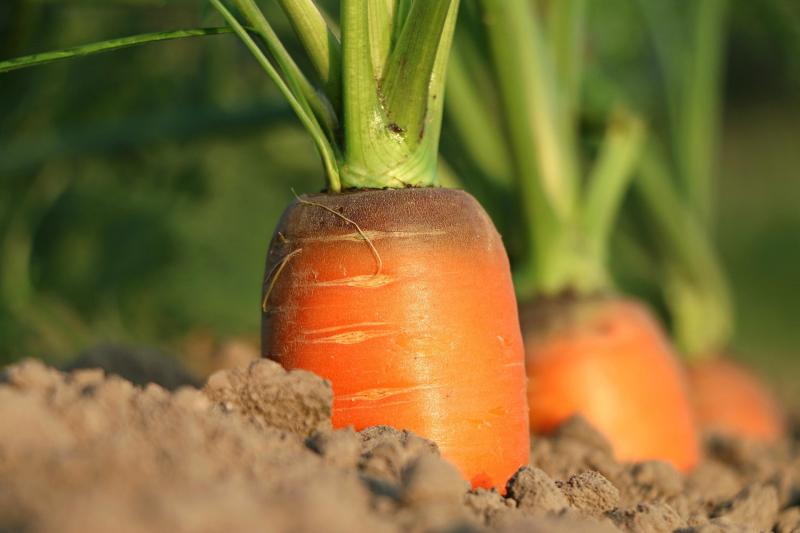Throughout history and across the globe, the vibrant hues and tangy flavour of hibiscus have been cherished. Derived from the calyces of the Hibiscus sabdariffa plant, this remarkable flower, known by a plethora of names including roselle, sorrel, and bissap, has long been more than just a pretty bloom. In diverse cultures, from the sun-drenched plains of Africa and the Caribbean to the verdant landscapes of Asia, hibiscus has been traditionally employed for its culinary versatility and its purported medicinal properties.
The practice of infusing the crimson petals to create a refreshing and therapeutic beverage stretches back centuries. Ancient Egyptians are believed to have favoured hibiscus tea for its invigorating qualities, while in traditional African medicine, it has been used to address a spectrum of ailments, from soothing sore throats to aiding digestion. In parts of Latin America and the Caribbean, hibiscus infusions remain popular drinks, often enjoyed for their thirst-quenching properties and subtle tartness.
The captivating colour and distinctive flavour of hibiscus tea are attributed to its rich chemical composition. This botanical treasure trove contains a wealth of bioactive compounds, including anthocyanins (the pigments responsible for the deep red colour and potent antioxidant properties), phenolic acids, organic acids (such as citric, malic, and tartaric acid), flavonoids, and various vitamins and minerals. It is this intricate blend of natural constituents that underpins the growing scientific interest in the potential health benefits of this vibrant infusion.
Modern scientific inquiry has begun to unravel the mechanisms behind the traditional uses of hibiscus, exploring its impact on various aspects of human physiology. Studies are increasingly focusing on its potential role in supporting cardiovascular health, its impressive antioxidant capacity, its anti-inflammatory effects, and its influence on metabolic well-being. The convergence of traditional wisdom and contemporary research is painting a compelling picture of hibiscus tea as a beverage with significant potential to contribute to a health-conscious lifestyle.
This exploration will delve into the multifaceted health benefits associated with the regular consumption of hibiscus tea, meticulously examining the scientific evidence that underpins these claims. From its potential to support a healthy heart and robust circulatory system to its ability to combat oxidative stress and inflammation, we shall unpack the ways in which this crimson infusion can contribute to overall well-being. By considering both the historical context and the latest scientific findings, we aim to provide a comprehensive understanding of the therapeutic potential of hibiscus tea, highlighting its value as a natural and accessible health-promoting beverage.
Cardiovascular Health: A Cornerstone of Hibiscus Benefits
The health of our cardiovascular system is paramount to overall well-being, and maintaining optimal blood pressure and cholesterol levels is crucial for long-term health. Emerging research suggests that hibiscus tea may play a significant role in supporting these vital aspects of cardiovascular function.
Blood Pressure Regulation: One of the most extensively studied benefits of hibiscus tea is its potential to help regulate blood pressure. Numerous clinical trials have investigated the effects of hibiscus consumption on individuals with elevated blood pressure, often yielding promising results. These studies have generally shown that regular intake of hibiscus tea can lead to a statistically significant reduction in both systolic (the top number) and diastolic (the bottom number) blood pressure readings.
The mechanisms through which hibiscus exerts its blood pressure-lowering effects are multifaceted. One key aspect appears to be its ability to act as an angiotensin-converting enzyme (ACE) inhibitor. ACE is an enzyme in the body that plays a crucial role in the renin-angiotensin-aldosterone system (RAAS), a hormonal pathway that regulates blood pressure. By inhibiting ACE, hibiscus may help to relax blood vessels and reduce blood volume, thereby lowering blood pressure.
Furthermore, hibiscus possesses vasodilatory properties, meaning it can help to widen blood vessels. This relaxation of the blood vessel walls allows for smoother blood flow and reduces the pressure exerted on the arterial walls. The rich flavonoid content of hibiscus is believed to contribute to this vasorelaxant effect by promoting the production of nitric oxide, a molecule that signals blood vessels to relax.
The diuretic effects of hibiscus may also contribute to its blood pressure-lowering abilities. Diuretics help the body to eliminate excess sodium and water, which can reduce blood volume and consequently lower blood pressure. Certain compounds in hibiscus are thought to promote this increased urinary output.
When considering the potential of hibiscus tea for blood pressure management, it is important to draw comparisons with conventional pharmaceutical interventions and lifestyle modifications. While hibiscus tea may not be a direct replacement for prescription medications for individuals with severely high blood pressure, studies suggest that it can be a valuable adjunct to a healthy lifestyle, potentially offering a natural way to manage mild to moderate hypertension. Lifestyle changes such as adopting a balanced diet low in sodium, engaging in regular physical activity, and maintaining a healthy weight are crucial components of blood pressure management, and incorporating hibiscus tea into this regimen may offer additional benefits.
It is also essential to consider appropriate dosage recommendations and potential contraindications. While generally considered safe for most individuals, excessive consumption of hibiscus tea may lead to side effects in some people. Furthermore, individuals taking certain blood pressure medications should consult their healthcare provider before regularly consuming hibiscus tea, as it may have additive effects and potentially lead to excessively low blood pressure.
Cholesterol Management: Beyond its impact on blood pressure, research also suggests that hibiscus tea may play a role in managing cholesterol levels, another critical factor in cardiovascular health. Studies have explored the effects of hibiscus consumption on various lipid profiles, including low-density lipoprotein (LDL) cholesterol (often referred to as "bad" cholesterol), high-density lipoprotein (HDL) cholesterol ("good" cholesterol), and triglycerides.
Some studies have indicated that regular consumption of hibiscus tea can lead to a reduction in LDL cholesterol and triglycerides, while potentially increasing or maintaining healthy levels of HDL cholesterol. The mechanisms behind these effects are still being investigated, but the potent antioxidant properties of hibiscus are thought to play a role. Oxidative stress can contribute to the oxidation of LDL cholesterol, making it more likely to accumulate in the arteries. The antioxidants in hibiscus may help to prevent this oxidation process.
Furthermore, hibiscus may influence lipid metabolism through other pathways. Some research suggests that certain compounds in hibiscus can interfere with the absorption of dietary fats and cholesterol in the gut, potentially contributing to lower overall cholesterol levels. The organic acids present in hibiscus may also play a role in lipid metabolism.
It is important to acknowledge that the findings on hibiscus and cholesterol management are not entirely consistent across all studies, and further rigorous research is warranted to fully elucidate its effects and the optimal dosages for achieving these benefits. Some studies have shown more significant effects than others, and factors such as the study population, the preparation method of the tea, and the duration of the intervention may influence the outcomes.
Overall Heart Health: The potential benefits of hibiscus tea for both blood pressure and cholesterol management suggest a broader role in promoting overall heart health. By addressing these two key risk factors for cardiovascular disease, regular consumption of hibiscus tea may contribute to a reduced risk of conditions such as atherosclerosis (the build-up of plaque in the arteries) and heart attacks.
The synergistic effects of its various bioactive compounds likely contribute to these benefits. The combination of antioxidant, anti-inflammatory, and potential lipid-lowering properties may work together to protect the cardiovascular system.
However, it is crucial to emphasise that hibiscus tea should be viewed as part of a holistic approach to heart health. Adopting a heart-healthy diet rich in fruits, vegetables, and whole grains, engaging in regular physical activity, maintaining a healthy weight, and avoiding smoking are all fundamental to cardiovascular well-being. While hibiscus tea may offer valuable support, it is not a substitute for these essential lifestyle factors or for medical treatment when necessary.
The ongoing research into the cardiovascular benefits of hibiscus tea holds considerable promise. As scientists continue to unravel the intricate mechanisms of action and conduct larger, well-designed clinical trials, we may gain a more comprehensive understanding of its role in supporting a healthy heart and circulatory system. For individuals seeking natural ways to complement their heart-healthy lifestyle, hibiscus tea presents a flavourful brew.



